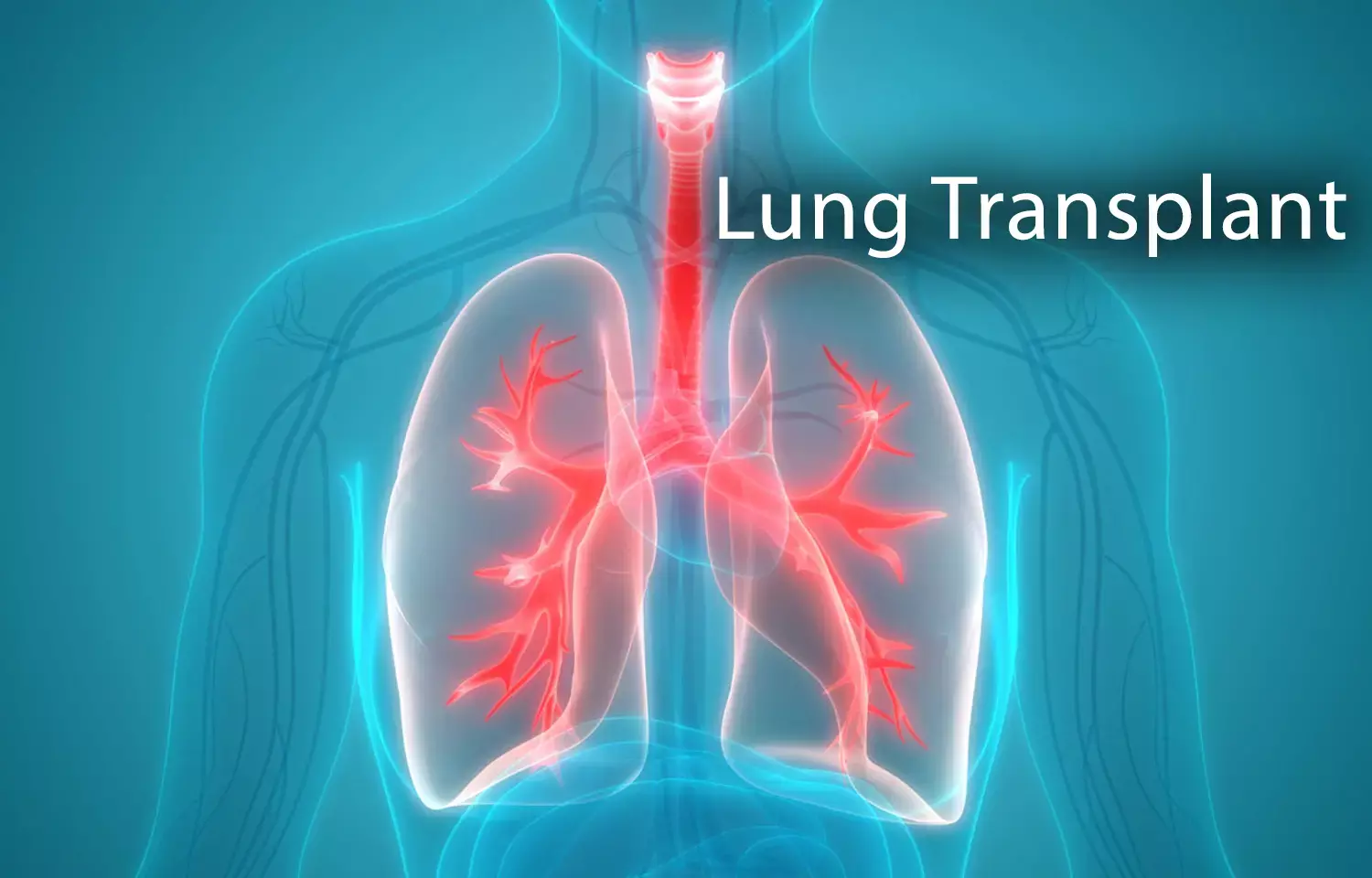- Home
- Medical news & Guidelines
- Anesthesiology
- Cardiology and CTVS
- Critical Care
- Dentistry
- Dermatology
- Diabetes and Endocrinology
- ENT
- Gastroenterology
- Medicine
- Nephrology
- Neurology
- Obstretics-Gynaecology
- Oncology
- Ophthalmology
- Orthopaedics
- Pediatrics-Neonatology
- Psychiatry
- Pulmonology
- Radiology
- Surgery
- Urology
- Laboratory Medicine
- Diet
- Nursing
- Paramedical
- Physiotherapy
- Health news
- Fact Check
- Bone Health Fact Check
- Brain Health Fact Check
- Cancer Related Fact Check
- Child Care Fact Check
- Dental and oral health fact check
- Diabetes and metabolic health fact check
- Diet and Nutrition Fact Check
- Eye and ENT Care Fact Check
- Fitness fact check
- Gut health fact check
- Heart health fact check
- Kidney health fact check
- Medical education fact check
- Men's health fact check
- Respiratory fact check
- Skin and hair care fact check
- Vaccine and Immunization fact check
- Women's health fact check
- AYUSH
- State News
- Andaman and Nicobar Islands
- Andhra Pradesh
- Arunachal Pradesh
- Assam
- Bihar
- Chandigarh
- Chattisgarh
- Dadra and Nagar Haveli
- Daman and Diu
- Delhi
- Goa
- Gujarat
- Haryana
- Himachal Pradesh
- Jammu & Kashmir
- Jharkhand
- Karnataka
- Kerala
- Ladakh
- Lakshadweep
- Madhya Pradesh
- Maharashtra
- Manipur
- Meghalaya
- Mizoram
- Nagaland
- Odisha
- Puducherry
- Punjab
- Rajasthan
- Sikkim
- Tamil Nadu
- Telangana
- Tripura
- Uttar Pradesh
- Uttrakhand
- West Bengal
- Medical Education
- Industry
Prophylactic antifungals decrease mortality in lung transplant patients: Study

ROCHESTER, Minn. — Antifungal preventive medications reduce mortality risk by half in the first year following lung transplantation, according to Mayo Clinic research involving 667 patients who received lung transplants from 2005 to 2018.
The retrospective study, published in the Annals of the American Thoracic Society, is the largest ever to evaluate the effectiveness of antifungal preventive drugs in lung transplant recipients who are particularly susceptible to invasive fungal infections. These infections are associated with a nearly threefold increase in mortality for lung transplant recipients.
Mayo Clinic researchers used deidentified administrative claims data from OptumLabs Data Warehouse. The study analyzed data for adult patients who underwent single or double lung transplant, or concurrent heart-lung transplant, in the U.S. between Jan. 1, 2005, and Dec. 31, 2018. Of the 667 patients, 385, or 57.8%, received antifungal treatment and 282, or 42.3%, did not. Sixty-five patients died during the study, and all-cause mortality was significantly lower in those patients who received antifungal medications.
"Use of antifungal preventive medications in lung transplant patients is increasingly common, but no studies have established its efficacy," says Kelly Pennington, M.D., the study's first author. "This is the first study to demonstrate a mortality benefit associated with the use of antifungal prophylaxis in lung transplant patients. We still do not know which lung transplant patients receive the most benefit from these medications, and there are other unanswered questions that will require more research." Dr. Pennington is a Mayo Clinic Scholar in the Division of Pulmonary and Critical Care Medicine.
A 2019 Mayo Clinic study found that 90% of U.S. transplant centers routinely prescribe antifungal preventive medications after lung transplant, but no prospective studies have established the benefits of these medications. "In our retrospective study, the risk of death within the first year posttransplant is about twice as high in patients not receiving antifungal preventive treatment, compared with those receiving treatment," says Dr. Pennington.
Itraconazole and voriconazole were the two most common antifungal preventive medications prescribed in the study. Patients who received antifungal drugs had a lower rate of fungal infections than those who did not, though the difference was not statistically significant.
Protracted use of antifungal drugs can have negative health effects, including cardiomyopathy, skin cancer and liver dysfunction. Also, antifungal medications are expensive and can interact with other medications. Therefore, the health care team must monitor anti-fungal medications closely.
https://www.atsjournals.org/doi/abs/10.1513/AnnalsATS.202003-267OC
Hina Zahid Joined Medical Dialogue in 2017 with a passion to work as a Reporter. She coordinates with various national and international journals and association and covers all the stories related to Medical guidelines, Medical Journals, rare medical surgeries as well as all the updates in the medical field. Email: editorial@medicaldialogues.in. Contact no. 011-43720751
Dr Kamal Kant Kohli-MBBS, DTCD- a chest specialist with more than 30 years of practice and a flair for writing clinical articles, Dr Kamal Kant Kohli joined Medical Dialogues as a Chief Editor of Medical News. Besides writing articles, as an editor, he proofreads and verifies all the medical content published on Medical Dialogues including those coming from journals, studies,medical conferences,guidelines etc. Email: drkohli@medicaldialogues.in. Contact no. 011-43720751


